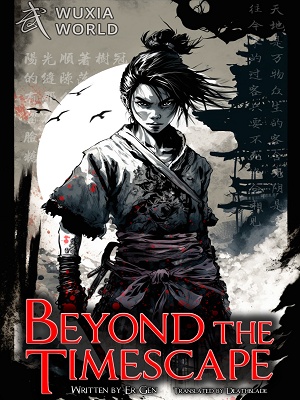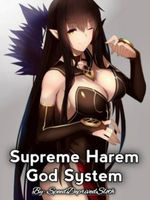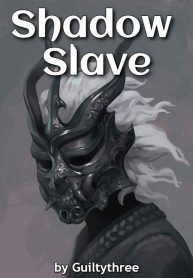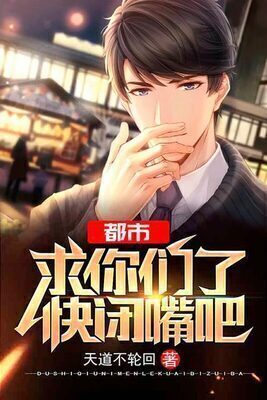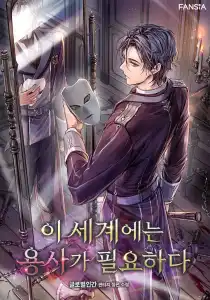Chapter 114: Watching Tigers Fight on the Mountain
In the southern regions, Napoleon was busy with the retraining of his troops and the development of new battle plans. The introduction of the "little melon" had dramatically changed the way battles were fought. Previously, firing at a formation with muskets posed limited threat, as one musket ball could only take down one person, and the formation could retaliate effectively. Most of the time, skirmishers were considered more valuable than regular infantry because of their ability to fight independently. However, now, with the introduction of the "little melon," the damage it could inflict far surpassed a single bullet.
According to the "Military Technology Research Institute," each "little melon" explosion produced over thirty cast-iron fragments, each with the killing power of a bullet within a range of twenty to thirty-five meters. This meant that a single "little melon" thrown by a skirmisher could lead to casualties of several, even dozens of soldiers. Moreover, launching a "little melon" was much faster than firing a bullet. In the time it took to load a single bullet, skirmishers could launch dozens of "little melons." If an army continued to use dense formations rigidly, they would be crushed by a small group of skirmishers armed with "little melons."
Consequently, nearly all French generals who had witnessed the "little melon" in action, whether in the South with Napoleon or in the North with Joubert, realized that skirmishers armed with "little melons" would become the primary mode of combat on the battlefield. However, they still lacked a clear understanding of how to efficiently utilize these troops. Thus, Napoleon, who had previously overseen the development of the "Red Army," was tasked with researching an efficient way to employ skirmishers and creating a comprehensive battle plan for the entire French army's future operations.
Apart from this, Napoleon had another important task: coordinating testimonies with his family, ensuring that Joseph remained unaware of certain events transpiring outside Toulon. Joseph had been relieved that his legions were not being recalled but stationed in the South, tasked with suppressing local uprisings and studying new tactics.
During this time, Napoleon and Joseph corresponded via letters, but due to Joseph's unique situation, all his communications had to pass through the scrutiny of the "Committee of Public Safety." Each letter required the signatures of three committee members before being dispatched. Additionally, every letter sent by Joseph was treated as a highly classified document, with the safe supposedly crafted by the former King.
As a result, Joseph's letters to Napoleon mainly contained general greetings, with the bulk of their content focusing on tactical details and discussion.
Joseph might not have had a military education before crossing over, but after his arrival, he had been continuously involved in military matters for years. He had, by now, become a genuine expert in the field. His insights had garnered respect, even from Saint-Just.Visit no(v)eLb(i)n.com for the best novel reading experience
Joseph took refuge in the "Military Technology Research Institute" largely to escape the turmoil outside. Recent times had seen internal divisions arise within the Jacobins, with external adversaries defeated. Carnot summoned Joseph to the War Ministry for a report, primarily to gain insights into the current situation.
They reportedly held a lengthy discussion in the War Ministry's office, but the specifics of their conversation remained closely guarded, deemed a matter of high importance.
Carnot's withdrawal from political discussions had led to an unexpected consequencehis influence in the "Committee of Public Safety" seemed to rise. Even Robespierre and other committee members appeared somewhat wary of him. Carnot had stopped participating in political discussions but always brought up the same topic when he spoke: the need for funds.
"I must remind you all that the 'equality grenades' are excellent, but if we allow the current situation to persist, we'll soon run out of grenades! You must come up with a plan as soon as possible!" Carnot blustered, directing his frustration at Robespierre.
"Hard currency? Where do we get so much hard currency?" Robespierre asked.
"Confiscate the property of these traitors, including not only money but also various luxury goods, art, and other things they need, like wine and other items. Their ships won't return empty; we can exchange goods for goods," Barere replied.
"The Paris Commune might not be happy about this," Cambon noted.
Naturally, they wouldn't be pleased, as conducting this trade would mean many resources being diverted for foreign trade, which France could ill afford. Despite Barere's mention of wine, everyone understood that wine alone would be insufficient. What he didn't explicitly state but was understood by all was that the other valuable commodity was grain.
This year had seen a bountiful harvest. Supporters of the Paris Commune, representing the poorest segment of society, believed that grain prices would drop. Yet exporting this grain in large quantities would practically create a famine. Those who supported the Commune would be hit the hardest by this policy. So, it was clear that the Commune would react with great dissatisfaction.
"Yes, they will be unhappy. If we do this, it will lead to hunger and maybe even deaths. Paris might fare better, but in rural areas outside the capital, there could be tragic cases of people who grow grain during a harvest year starving to death. However, if we don't do this, our economy will completely collapse. Economic collapse would lead to military and political collapse. At that point, we would see more deaths and a higher cost," Barere argued.
"This is something I believe we must do, even if it carries risks," Robespierre said. "As for the reaction from the Paris Commune, I'll talk to Ebel about it. They should understand the Republic's difficulties."
Although Robespierre expressed his intent to communicate with the Commune, few believed he could truly persuade Ebel and the others. Particularly Carnot, who immediately recalled Joseph's words during his "work report."
"The scarcity of resources, especially strategic materials, will be the most challenging problem moving forward. If we don't solve it, all the victories the Republic achieved earlier will lose their meaning. However, to address these issues, we must rely on trade with neutral countries. The Republic lacks hard currency, so to a significant extent, we can only rely on barter trade. And the only goods we can provide in large quantities are grains. Consequently, there will undoubtedly be damage to farmers and the urban poor who support the Commune. They certainly won't agree.
Thus, the Committee of Public Safety is likely to come into conflict with the Paris Commune. Ebel is an ambitious man, and he probably believes he hasn't received the recognition he deserves. He certainly won't accept this.
He will attempt to use the situation, the discontent of the urban poor, to start a revolution, behead all the people in the Committee of Public Safety, and establish direct rule of the Paris Commune over France. However, this situation is different from the time when the Brissotins controlled the National Convention. At that time, the National Convention was not united, and no effective measures could be taken. But the Committee of Public Safety now won't be as easy to deal with. So, prepare for a good show..."
